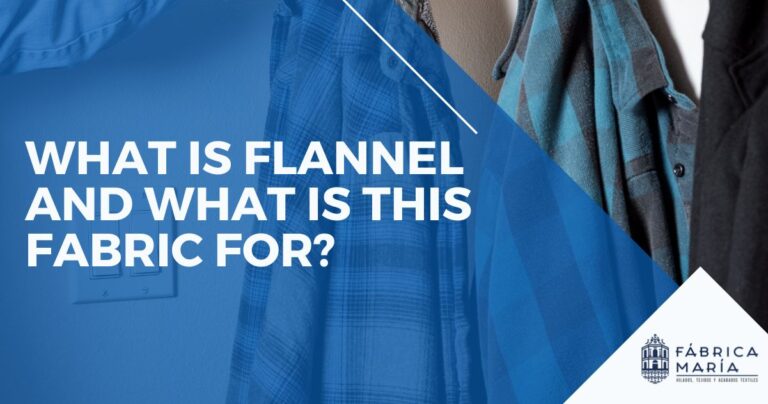Linen fabric What is it, features and types?
Share in:
Content
For years, linen has embodied a combination of comfort, luxury and elegance. Being a natural fabric made from fibres from the linen plant, it is used to make various accessories and clothing. Without a doubt, it is the fabric chosen by every fashion connoisseur. Linen is not only a light and soft fabric, but also has a rich history and evolution. This blog will shed light on all the aspects you need to know about linen.
Why is linen a desirable fabric?
Linen is considered a high-end fabric because it is breathable, fresh and pleasant to wear. It is ideal for times when the sun shines harder. Linen helps you stay fashionable without compromising comfort. Here are the reasons why linen is touted as the most desirable fabric:
-
Durable
Flax is among the strongest natural fibres in the world. It is more resistant than cotton and linen yarn reinforces the durability of the garment fabric. Thus, linen sets are durable and remain new for years. In addition, linen garments tend to maintain their shape even after many washes. They become softer and more skin-friendly over time. Due to the excellent resistance of linen, linen clothing does not disintegrate quickly.
-
Ideal for all seasons
Another great thing to consider about linen is its suitability for all seasons. It helps you stay cool in summer and warm during winter. In fact, it is one of the heavenly benefits of dressing bedding. Flax, which is used to make flax, is normally used to make insulation products for domestic applications. It is a natural insulator and releases moisture effectively. Therefore, linen clothing retains body heat and relieves excess heat to make you feel relaxed and comfortable.
What is flax used for?
Linen is ideal for sheets and pillows. It is also ideal for summer clothes because it removes moisture from the skin and dries quickly. However, if you wear a linen garment in winter, be sure to layer well because the hollow fibers do not hold the heat well.
Types of linen fabric
The care of linen fabric is relatively simple. Here are some tips for keeping your linen garments and products in good condition:
-
Belgian flax
It is recognized worldwide for its exceptional quality, with a soft touch, bright appearance and excellent durability. It is commonly used in high-end bedding and clothing.
-
Irish linen
On the other hand, it has a rough and rough texture that makes it very durable and durable. It is usually used in workwear and bedding.
-
Flemish linen
It is famous for its soft and silky touch and is often used in the production of premium bedding and bedding.
-
Italian linen
It is known for its natural shine and softness, making it a popular choice for high quality linens and linens.
-
Lino María (linen)
It is distinguished by its composition made 100% cotton, it is a fabric that resembles linen with a razor drawing, makes the fabric look irregular, we create the best fabric with the best price.
How to care for linen fabric?
The care of linen fabric is relatively simple. Here are some tips for keeping your linen garments and products in good condition:
-
Washing
Linen should be washed in cold or warm water with a mild detergent without chlorine. Avoid using softener as it can damage flax fibers.
-
Drying
Bed linen should be dried outdoors in a shady place. Avoid exposing it to direct sunlight, because this can discolor the fabric and damage the fibers.
-
Ironing
Linen fabric wrinkles easily, so it is advisable to iron it while it is still wet. Use a hot iron and make sure not to leave it in the same place for too long, as the clothes might burn.
-
Storage
To store linen fabric it is advisable to fold it carefully and store it in a cool and dry place. Avoid hanging clothes, as this can deform them.
Final thoughts
In conclusion, linen is a durable, breathable and rustic fabric that gives off an elegant look. For these characteristics, it is used in a wide variety of products, from bed linen and work clothes to curtains and home decoration. In addition, linen fabric is relatively easy to care for and requires less resource consumption for its production, making it a popular choice among environmentally conscious consumers.
Follow us on Facebook.




